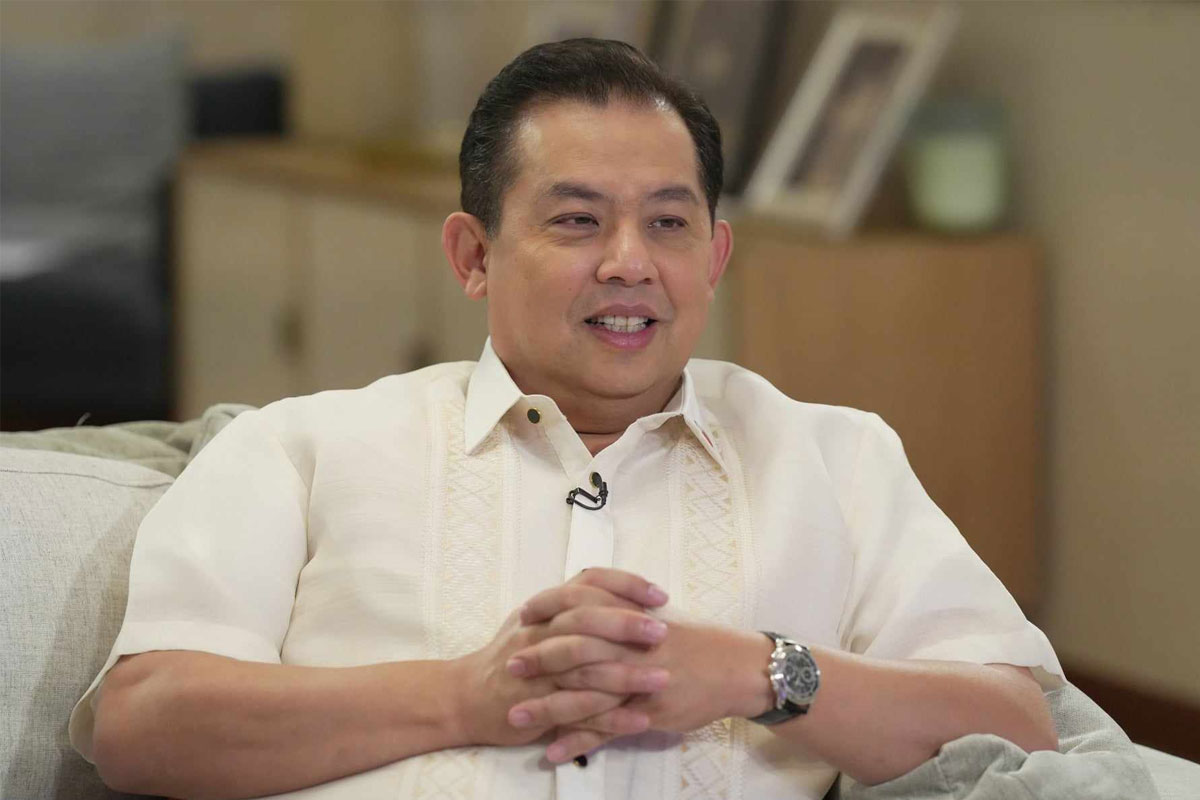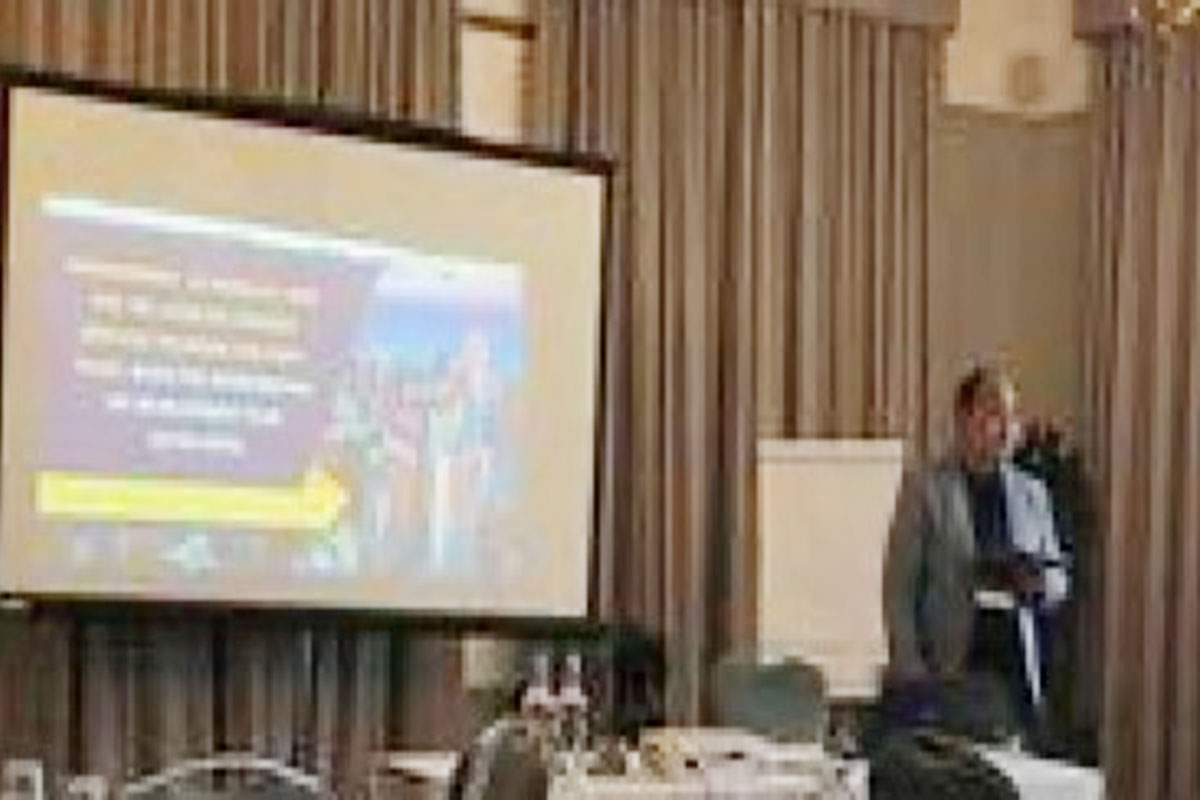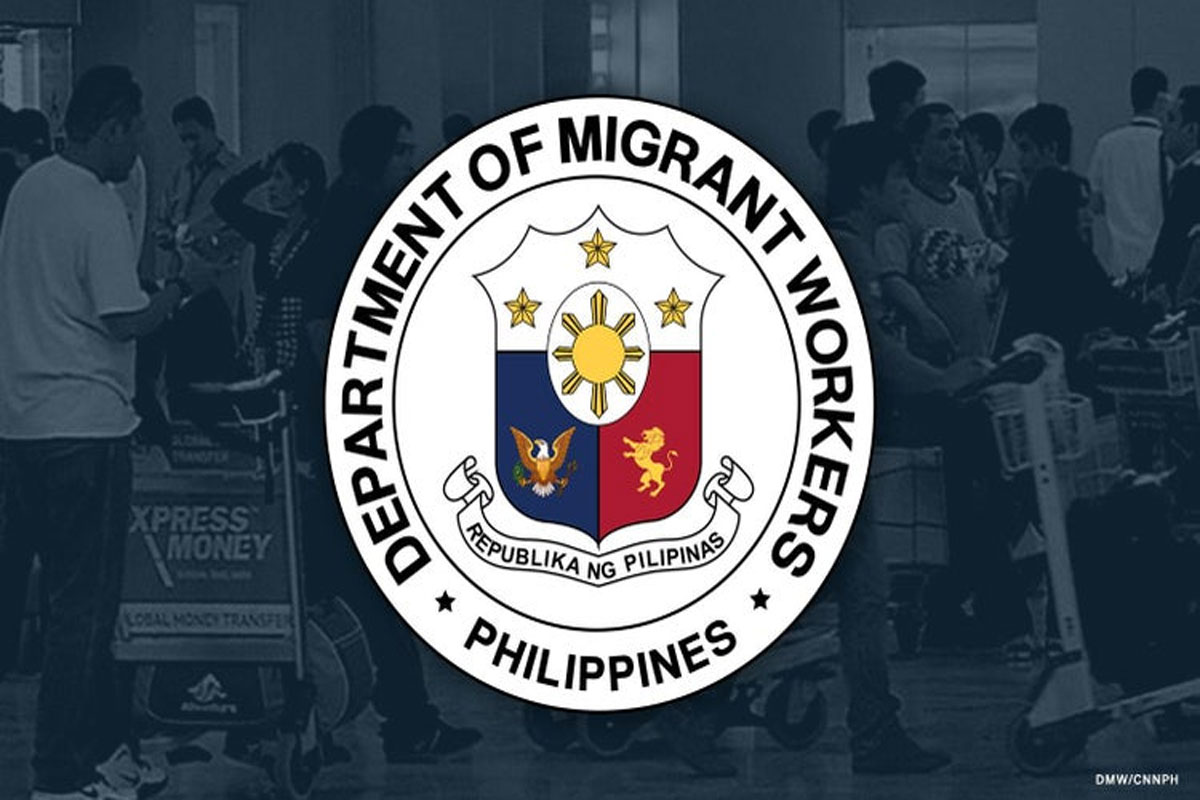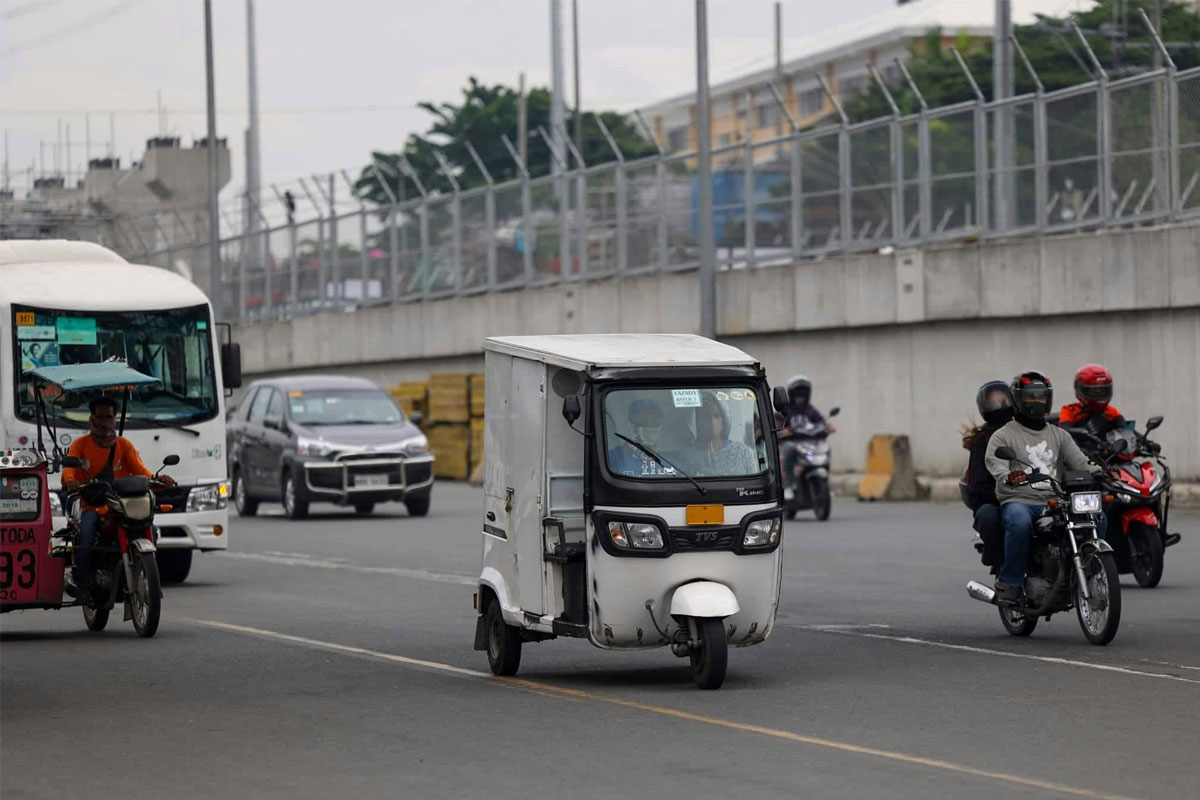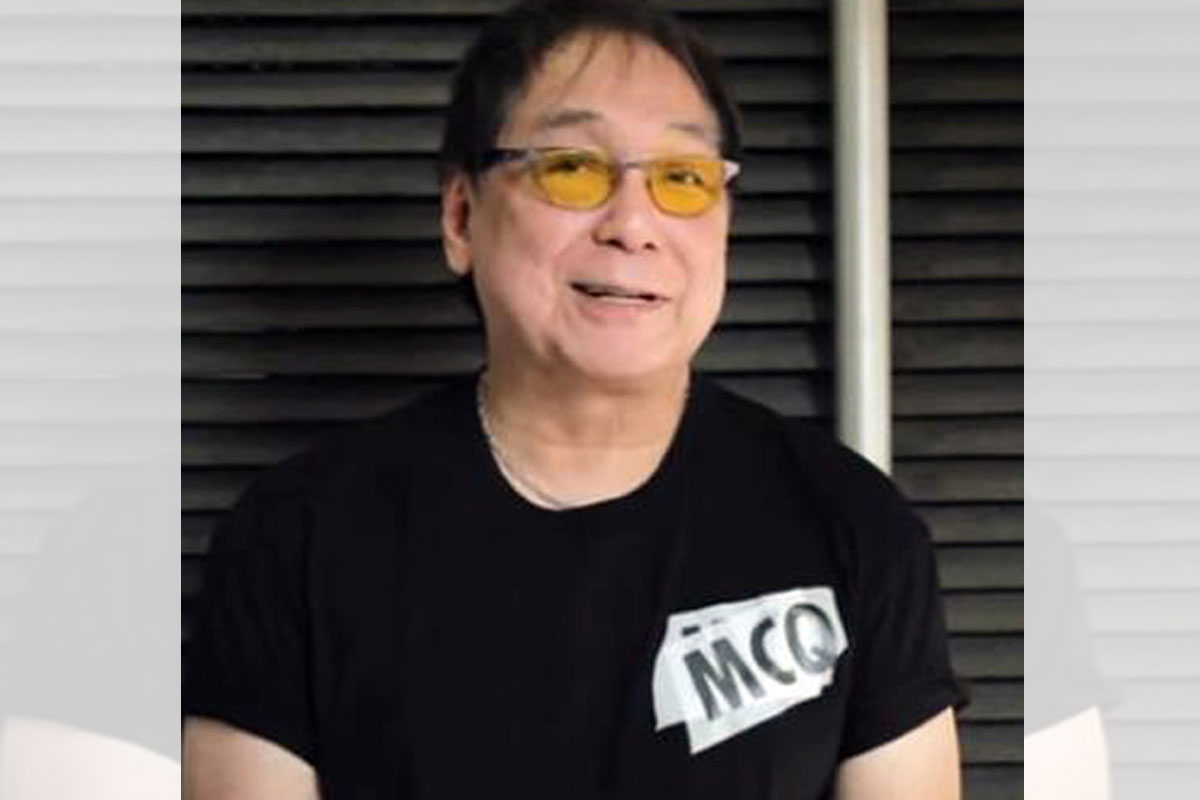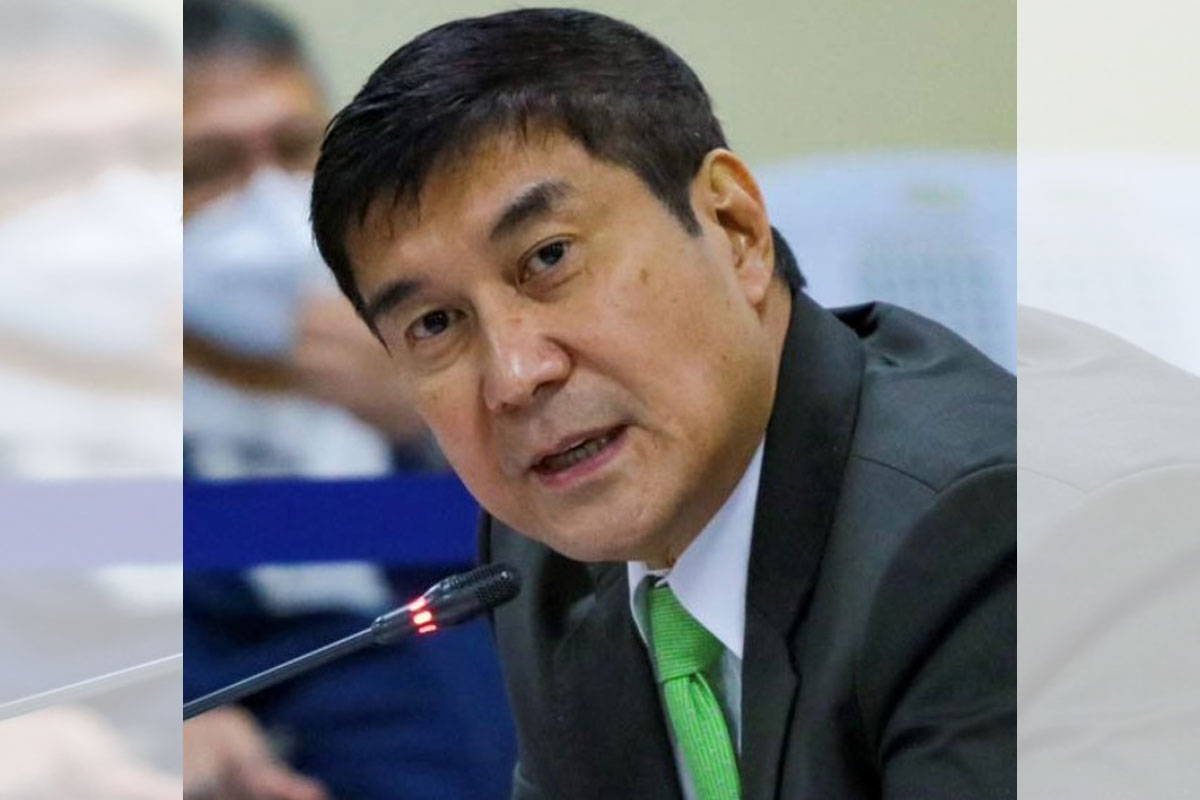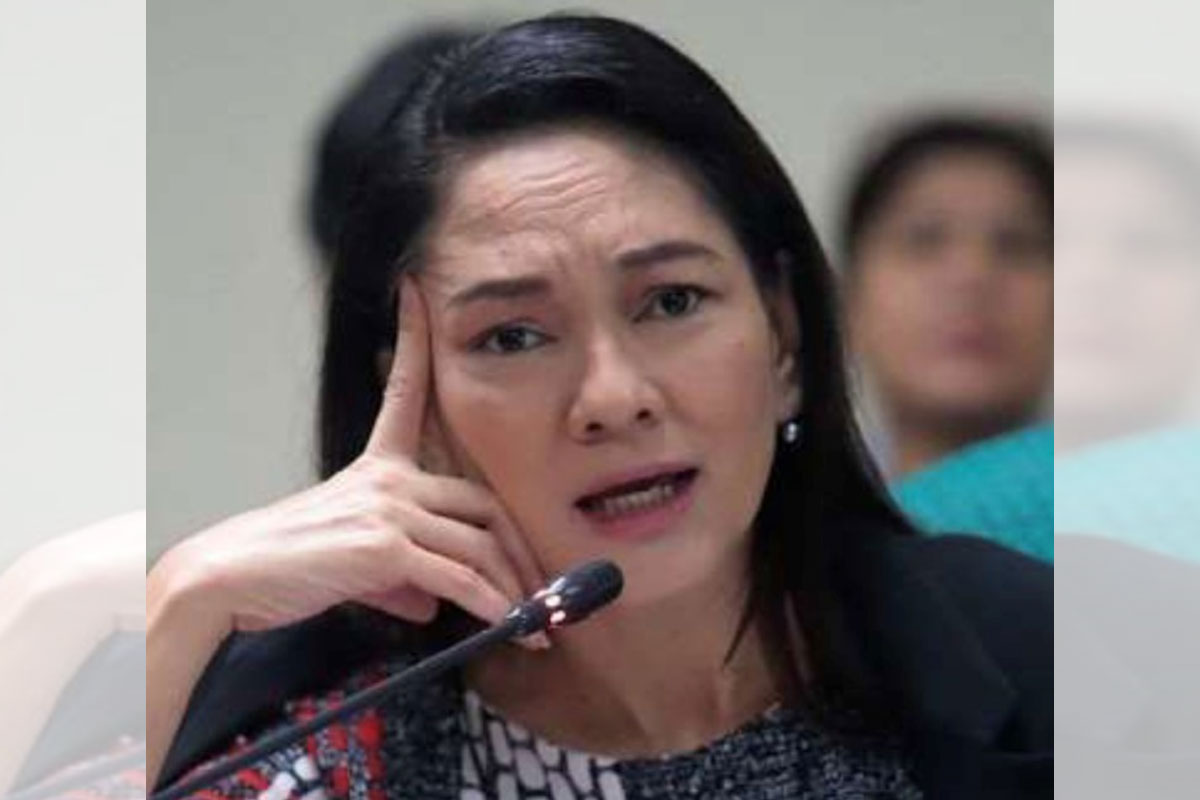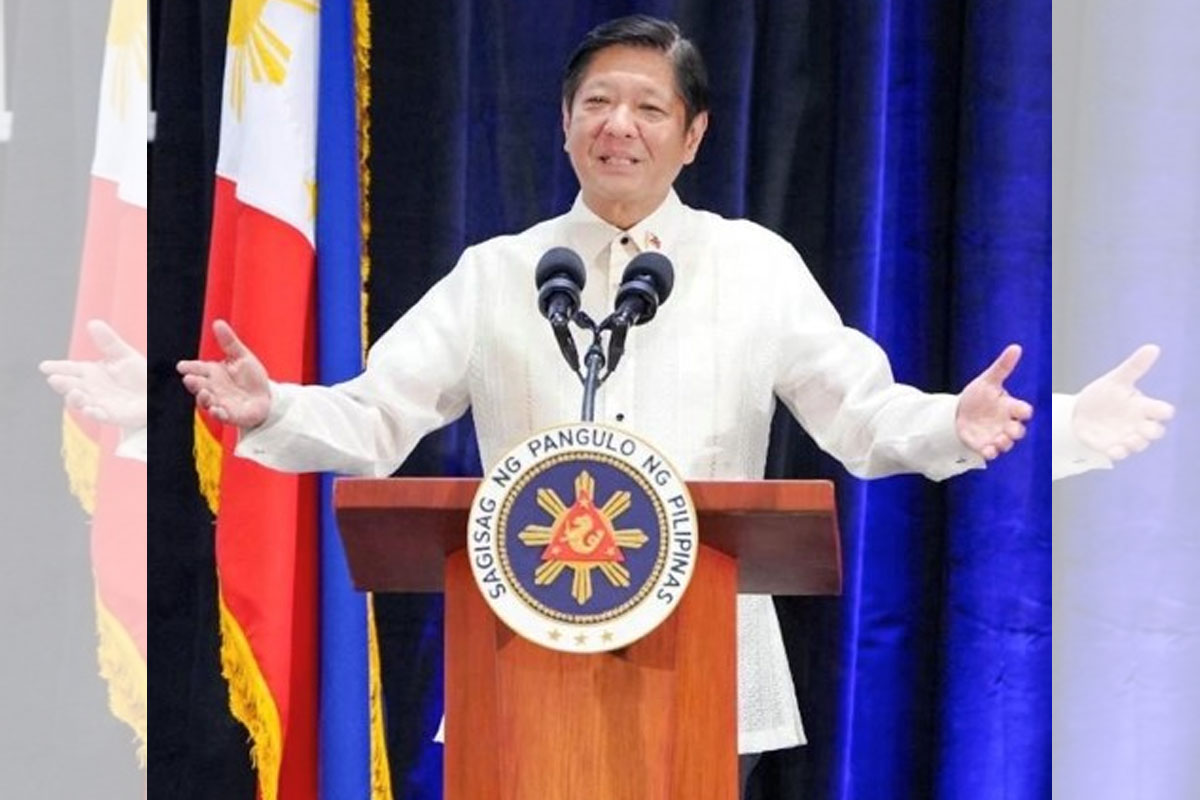
Slain Haiti leader’s funeral set for July 23
AFP, July 17, 2021 — The funeral for Haiti’s slain president Jovenel Moise will take place on July 23, officials said Friday, as the troubled nation’s first democratically elected leader Jean-Bertrand Aristide arrived home after receiving medical care in Cuba.
The state funeral services will take place in Cap-Haitien, a historic city in the north of Haiti, which has slid dangerously toward disorder since Moise was gunned down in his home in the early hours of July 7.
Moise’s widow Martine Moise, who was seriously injured in the attack and is being treated in the United States, is expected to return home for her husband’s funeral.
“The first lady, injured during the assassination of the president and hospitalized in Miami, will return to the country to participate in the funeral of her assassinated husband,” interim Prime Minister Claude Joseph said at a press conference.
Moise, 53, was assassinated by a hit squad made up mostly of Colombian mercenaries, but many of the details surrounding the brazen attack remain a mystery.
Colombia’s police chief Jorge Vargas said that a former Haitian justice ministry official, Joseph Felix Badio, gave two of the Colombian mercenaries the order to kill the president.
The commandos had earlier been told their mission was to arrest the president, said the Colombian police chief, whose country is conducting its own investigation of the attack.
Former Colombian soldiers Duberney Capador and German Rivera had been contracted to organize the mercenaries’ arrival in Haiti, supposedly to provide security services.
During a first meeting with the two men, Badio told them he did not yet know the date the arrest was supposed to take place, said Vargas.
Around three days before the operation “Joseph Felix Badio … told Capador and Rivera that they would have to kill the president of Haiti,” said Vargas.
Badio, a former official in an anti-corruption unit within the justice ministry, is one of several people wanted by Haitian police, alongside former opposition senator Joel John Joseph. Both are described on their wanted posters as “armed and dangerous.
Joseph said 24 police officers attached to Moise’s security detail were ordered to report for questioning.
“This investigation will run its course. If you want to assassinate me, come for me,” an angry Joseph said. “The most important thing for me is the investigation.”
In Miami, around 40 people of Haitian descent gathered outside the hospital where the first lady is being treated, to show their support.
Most were women and most wore blue, one of the colors of their country’s flag. They carried signs with slogans such as “Healing for Haiti.”
“We’re going to pray on the behalf of our First Lady and the people of Haiti,” said one of the demonstrators, Regina Martin Archat.
Meanwhile Aristide, accompanied by his wife, returned to Port-au-Prince after getting treatment for Covid-19 in Cuba. He received a hero’s welcome from hundreds of his supporters, who crowded around an ambulance that picked up the former leader at the airport.
A caravan of motorcycle-driving allies escorted the ambulance as Aristide, who heads the political party Fanmi Lavalas, was driven to his private residence in the nearby suburb of Tabarre. He made no public statement.
On the day of Aristide’s flight to Havana, Moise himself wished the 68-year-old a “speedy recovery.”
Aristide, a former priest, is a controversial figure in the tumultuous politics of Haiti, which first elected him president in 1990.
He was ousted in a 1991 coup just months into his presidency and went into exile, and returned to Haiti in 1994 to complete his term with the help of a US military intervention.
Aristide regained the presidency in 2001, but was forced to quit in 2004 amid a popular revolt, and under pressure from Washington and other international powers.
During exile, he settled in South Africa, but returned to Haiti in 2011.



